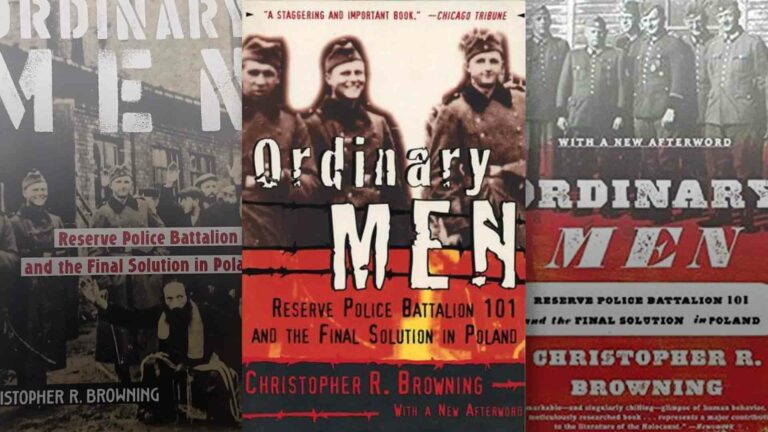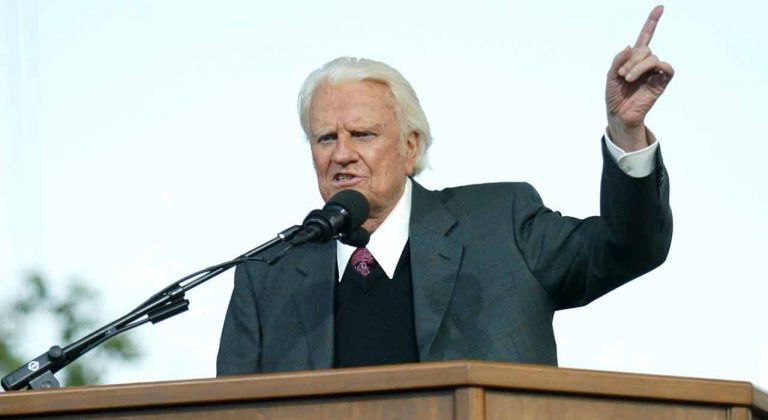Marie Kondo has been famous in Japan for almost a decade, but only gained fame in North America in 2014 when an English translation of her book The Life-Changing Magic of Tidying Up was released here. Then at the beginning of 2019 Netflix released an 8-episode series Tidying Up With Marie Kondo, and since then her name has been everywhere.
I started watching the series mostly out of sheer curiosity. I saw articles floating around the Internet back when her first book came out, and again when the Netflix show aired, so I decided to see what all the hype was about. After two episodes, here’s what I learned.
Don’t hoard
I’m really glad I watched this show at this particular season in my life. I just got married a few months ago, and I am in the fun and overwhelming process of setting up our home. I’m organizing, decorating, and decluttering. I am making a lot of decisions that are going to impact the way that our family is run in the future.
I can so easily see myself accumulating a house full of stuff over the years and then feeling overwhelmed. Getting to step into the lives of the people on the show for a few minutes was a wake-up call for my own life! I want my possessions to serve me, not for me to serve them – that’s why I don’t want to have too many things, disorganized things, or be a slave to the idea of a perfect home.
Things really do spark joy
Marie Kondo says her tidying approach is inspired in part by the Shinto religion. So when she speaks about keeping possessions that “spark joy” that might sound a little too mystic. But some things really do spark joy and that’s okay! God gives us good gifts to enjoy. Every morning, I make my espresso and drink it from mugs that I got from Target. They are from Joanna Gaines’ Hearth and Hand collection. I get a little spark of joy every time I get to use one. God delights in our delight, just as we delight in a small child’s joy over a silly toy. We don’t care much about the toy itself, but we love taking part in their delight.
Folding
I learned how to fold my shirts in a really cool way, so they all stand upright in my drawer. Boom.
Be grateful
As a Christian, I have to evaluate what Marie does through God’s perspective. I don’t believe in “greeting” a house, thanking items of clothing, or even living as minimalistically as possible. These ideas come from Marie’s worldview of Eastern mysticism.
However, I still found those scenes powerful. Marie thanked an inanimate shirt, with no ability to hear or appreciate her (Ps. 135:17). But what she got right, and what I too often forget, is that a shirt is something to be grateful for. What would it look like for me to thank God for the house I live in? What would it look like for me to thank God in prayer when I throw something out?
Gratitude changes our hearts from feeling discontented when we have to leave Joanna’s cute home décor at Target, to feeling grateful for the things God has abundantly given. As Charles Spurgeon said: “It is not how much we have, but how much we enjoy, that makes happiness.”
Love the Giver
Taking that idea a step further, we need to lift our eyes to the One who has given us these gifts. What if God gives you these gifts as a reminder of His love, to draw your affections to Him? John Piper says that God gives us good gifts… “to be with us as our all-satisfying Treasure and Father and Friend and Savior.” We all would cringe at a story of a man who proposed to a woman, and the woman’s response was to fawn over the ring and never thank and love the giver! We get that concept on a human level, but do we believe it about God?
Pray for what I need
One of the things I want to grow in, is the discipline of praying for items I need. Instead of having constant feelings of want, what if I learned to wait expectantly for God to provide? I would not only be more grateful for the things God provides, but I would be more likely to link those blessings to the Giver Himself. As Augustine once said, “God could have bestowed these things upon us without our prayers, but He wished that by our prayers, we should be taught from where those benefits come.”
Rachel Tenney and her husband blog at bytesizedtheology.com where a version of this article first appeared. It is reprinted here with permission.













